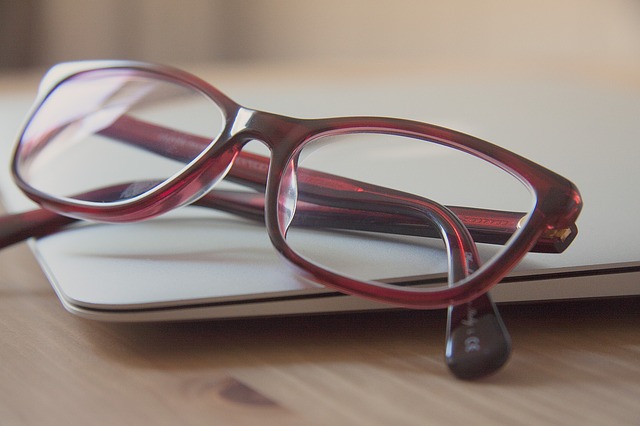Psoriasis is a long term (chronic) skin condition in which the lifecycle of the skin cells is speeded up. These extra cells pile up on the top of the skin and form scaly, red patches. Psoriasis patients often experience bouts of the disease and at other times they might not have any skin issues.
Why does it happen?
Psoriasis is mostly thought to be an autoimmune disorder in which the body’s immune system starts attacking its own cells. It tends to run in families. Most people also experience some triggers that aggravates their condition. These might be infections, skin injuries, stress, smoking, alcohol or some medicines like some psychiatry drugs like lithium, anti-malarial and high blood pressure medicines like beta blockers.
Symptoms and signs
What it looks like- Mostly psoriasis patients develop reddish, raised areas on the skin which is covered with silvery scales. These might be itchy or even painful. These can be on any part of the body. Psoriasis can affect the nails too, causing discoloration and even separation of the nail from the nail bed.
Treatment
How to manage and treat it- Psoriasis is not curable, but with the right treatment it can be kept under control. Once the doctor diagnoses the condition, sometimes with the help of a biopsy, the correct treatment can be decided depending on how severe the condition is.
Mild cases– For mild conditions with just a few areas affected, the doctor might prescribe just a corticosteroid cream to be applied on the affected areas. It’s best to use these creams under medical supervision as long term use of steroids can cause thinning of the skin. Other ingredients that are commonly used are a synthetic form of vitamin D, coal tar, anthralin or synthetic vitamin A creams. Most of these creams can cause some skin irritation and sensitivity and some are not safe for use in pregnancy, so do consult your doctor before use, and remember to use a sunscreen regularly.
Moderate cases– If the steroid creams are ineffective, phototherapy might be advised. This involves exposing the skin to controlled amounts of UV rays from sunlight or an artificial light source. The effect might be increased by using a drug, Psoralen, that increases sensitivity to light.
Severe cases– For severe cases, your doctor might prescribe oral or injected drugs. These could be synthetic vitamin A drugs (retinoids), methotrexate or cyclosporine. These drugs help to reduce the skin cell turnover time and also suppress the body’s immune system. Since there can be many side effects like liver damage and reduced blood cell levels, these drugs are always meant to be taken under your doctor’s supervision.
Dos and Don’ts
- Moisturizing the skin regularly helps in keeping the excess dryness under control.
- Avoid alcohol, smoking and excess caffeine as these can trigger a breakout.
- Some supplements like omega 3 and aloe vera might help to prevent severe lesions.
- Bathing daily with a mild soap and exposing yourself to small amounts of sunlight regularly also helps to keep the condition under control.
FAQ’s
- Does the sun affect psoriasis?
Small amounts of sunlight can help psoriasis.
- Can people with psoriasis use hair dye and makeup-?
It’s best to do a sensitivity test before using these products and use non comedogenic products.
No, it is not contagious.
We strongly recommend that you consult your doctor before starting any treatment regime.
For more related topics please visit: https://famhealth.in






